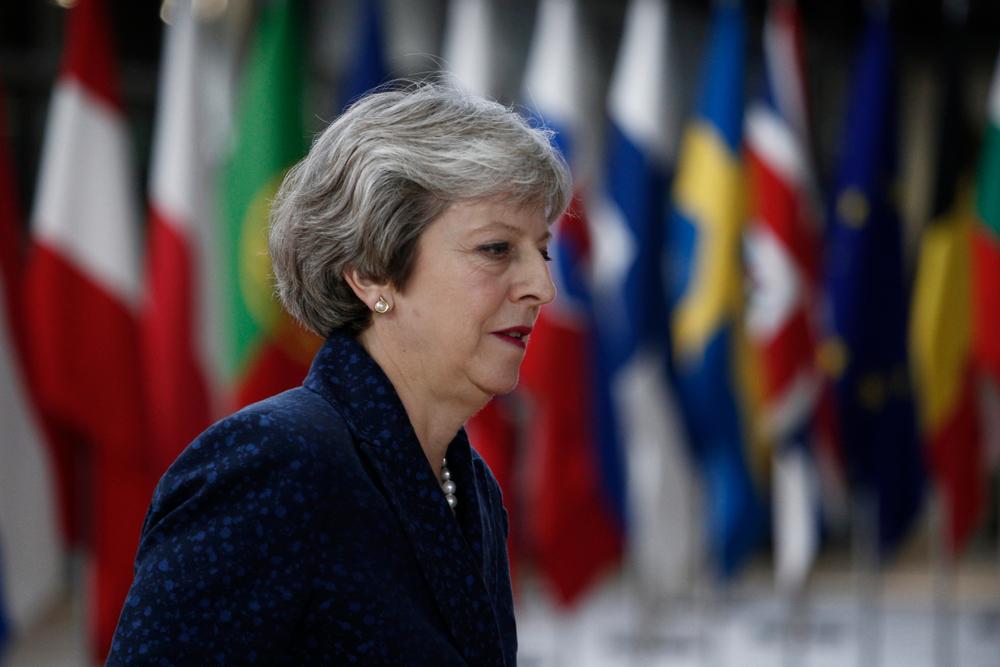With conflicting rhetoric on how close the UK are to reaching a Brexit deal with the EU, Chancellor Philip Hammond delivered a solemn warning on the morning of the prime minister’s meeting with the EU27.
Hammond has warned that should a deal fail to be brought to fruition, the resulting ‘divorce bill’ could mount to anywhere between £30-36 billion, only some £3-9 billion less than the initial cost of striking a deal.
As stated by a cabinet source, “the Treasury’s legal advice was that if we left without a deal we would still have to pay the EU £30-36 billion because we would be unlikely to win any case that went to international arbitration,”
Theresa May will meet the EU27 leaders this evening, with the goal of making progress on talks prior to the meeting with the European Council in December, as hopes of a November summit dwindle. The progression of talks remain hinged on the idea that some form of backstop for the Irish border will be put in place upon the UK’s exit from the EU bloc next March. The backstop will act as a form of short-term customs safety net, and while May has categorically ruled out the possibility of a backstop in talks with her cabinet on Tuesday, EU negotiators have stated that any extension on a Brexit transition would be contingent on some form of backstop being put in place.
Number 10 commented that some progress had been made on future trade frameworks and the idea of a backstop for trade and customs covering the UK as a whole. However, negotiator Michael Barnier stated that a one-year extension on negotiations would be subject to the UK accepting the terms of a two-tier backstop.
French finance minister Bruno La Maire has said on the morning of the talks, that we “are not far from a deal”.
Similarly, May’s spokesman added, “We want to secure a deal as quickly as possible. We think it is in the best interests of the UK and European Union to forge that deep future partnership”.
However, May faces the monumental tasks of quelling domestic antagonism and the Autumn budget, before she can even venture to think about reaching a deal for Brexit. The Irish backstop issue appears to be the deciding factor, with Brexiteers and DUP members threatening to vote down the budget should she compromise and pander to EU demands. At the same time, the December summit could well be the prime minister’s last chance to agree on a deal with the EU in time for it to be ratified by EU parliaments and Commons, before March 2019.
In the words of one EU diplomat, “The clock is ticking – the ball is in the UK court. The British have a political problem, they have to come back to us when they’ve solved it.”
The question hangs in the air, should we prepare for a no deal, should we push for a Canada plus scenario, or is there a chance the UK will not leave at all?

